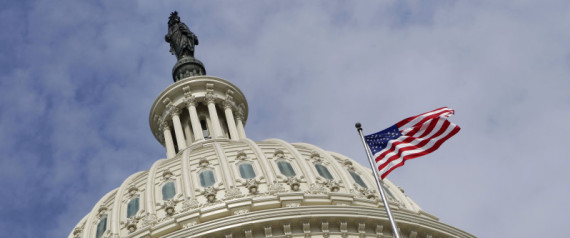 All the available information, the numbers and research and chatter, tells us that we care less and less about them. That we don’t trust them. That they are generally considered among the lowest forms of human life.
All the available information, the numbers and research and chatter, tells us that we care less and less about them. That we don’t trust them. That they are generally considered among the lowest forms of human life.Then one of them dies, and we go into a state of national mourning.
A cynic would say that we only love our politicians when they’re gone – and even then, only when they’ve left us in heartbreaking and terrifying ways that remind us of human frailties. But in the spirit of optimism, which seems fitting given Jack Layton’s much-quoted final words, it’s possible to see something else in his posthumous status as a hero. Perhaps we’re not really so inclined to look down on our politicians; perhaps we’re eager to look up to them, to like and occasionally even love them, if only they’ll give us the chance.



 oil shock in which prices briefly reached $135/barrel on a monthly basis and almost $150 on a daily basis. What would the likely price path have been had the world then needed an additional 2-3mbd the following year?
oil shock in which prices briefly reached $135/barrel on a monthly basis and almost $150 on a daily basis. What would the likely price path have been had the world then needed an additional 2-3mbd the following year?









